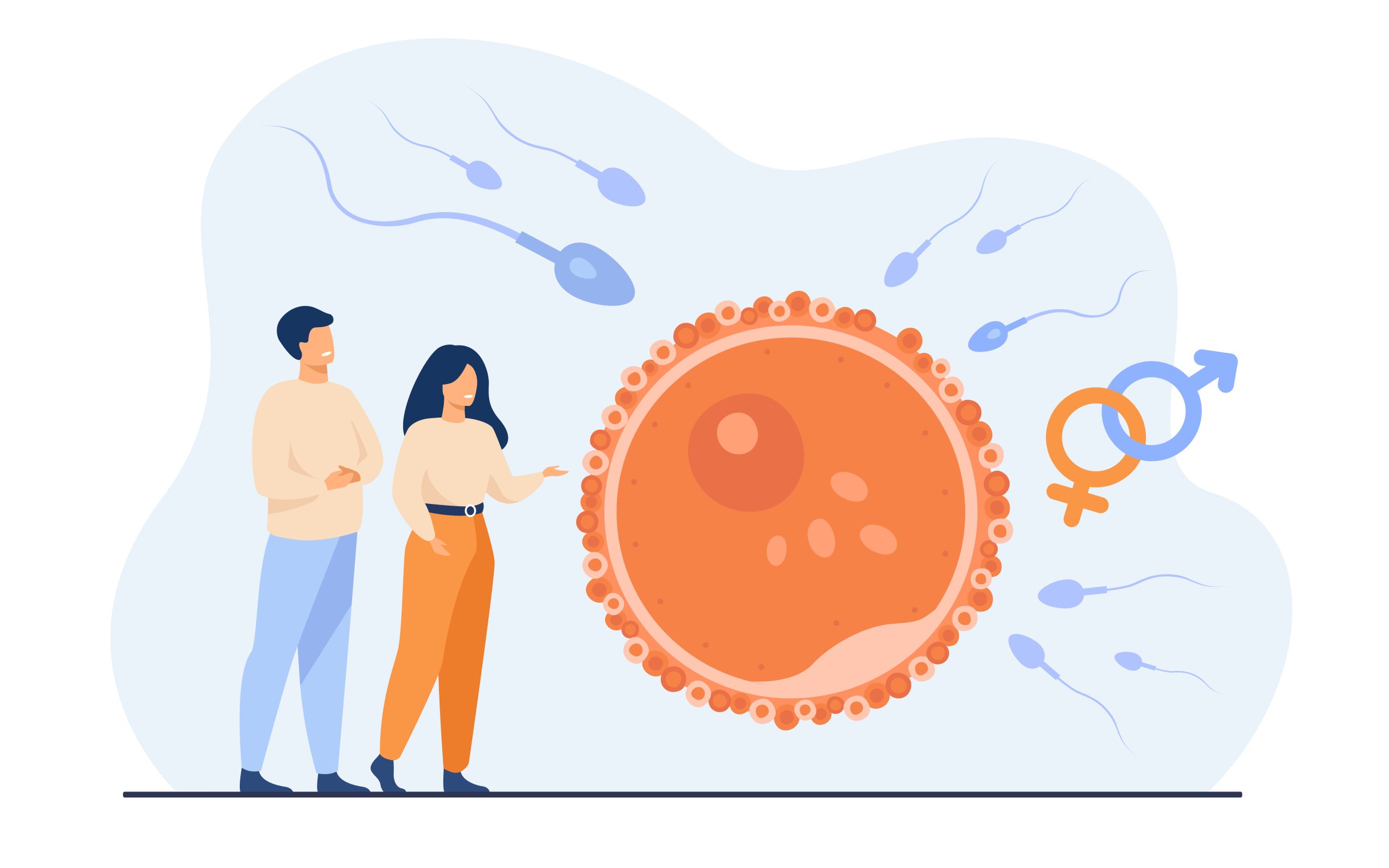
- Mon - Sat 10.00.Am - 07.00.Pm Sunday CLOSED
- IVF Related Queries (+91) 7300007890
- For Infertility Related Queries
Embryo quality
- Home
- Embryo quality

- anmolfertility
- 17 December 2024
Embryo quality
Embryo Quality: Key Factors for Successful Conception
When undergoing assisted reproductive technologies like IVF, one of the most crucial factors that influence the success of the treatment is the quality of the embryos. High-quality embryos are more likely to implant successfully, leading to a healthy pregnancy. Understanding what makes an embryo “quality” and how to improve it can significantly increase the chances of successful conception.
What Is Embryo Quality?
Embryo quality refers to how healthy and viable the embryo is for implantation. Embryologists typically assess embryos using specific grading systems, which evaluate key characteristics like the rate of cell division, the symmetry of the cells, and the appearance of the embryo. Higher-quality embryos are more likely to result in successful pregnancies, while lower-quality embryos have a higher risk of failing to implant or leading to a miscarriage.
Key Factors that Affect Embryo Quality
Cell Division and Morphology: A healthy embryo typically divides in a symmetrical and consistent manner. Embryos usually start as a single cell and divide rapidly over the next few days. The optimal embryo quality is often graded based on the number of cells (at day 3 or day 5) and how equally they divide. For example, an embryo with even, compact cells is usually considered to be of better quality.
Embryo Stage: Embryos are usually transferred into the uterus at two main stages: Day 3 (cleavage stage) and Day 5 (blastocyst stage). Blastocyst embryos tend to have a better chance of successful implantation compared to cleavage-stage embryos. This is because they are further developed and more likely to be able to attach to the uterine lining.
Cytoplasm Quality: The cytoplasm, the gel-like substance surrounding the embryo’s nucleus, plays a role in embryo development. It provides nutrients and supports cell division. Embryos with healthy, evenly distributed cytoplasm are often considered to be of better quality.
Embryo Grading Systems: Different fertility clinics use slightly different grading systems, but most use a scale to rate the embryo’s appearance. For example, embryos might be rated on a scale of 1 to 4 or A to D, with A being the best quality. The grading takes into account factors like symmetry, cell size, and the presence of any fragmented or abnormal cells.
Improving Embryo Quality
While some factors, like the age of the woman and genetics, can impact embryo quality, there are a few lifestyle changes and treatments that may help improve the overall quality of embryos during IVF cycles.
Age and Genetics: Embryo quality naturally declines with age, particularly after the age of 35. Women over 35 often have lower-quality eggs, which directly affect embryo quality. Unfortunately, genetics also plays a significant role, and some women may be predisposed to having lower-quality embryos.
Healthy Lifestyle Choices:
Nutrition: A balanced diet rich in antioxidants, vitamins, and minerals can support reproductive health. Foods like leafy greens, berries, and whole grains help promote egg quality and overall fertility.
Exercise: Moderate physical activity, like yoga or swimming, helps improve blood circulation and reduces stress. However, excessive exercise can negatively impact fertility, so it’s essential to find a healthy balance.
Avoid Toxins: Exposure to smoking, alcohol, and environmental pollutants can negatively affect embryo quality. Avoiding or minimizing these toxins is crucial when trying to conceive.
Supplements: Some studies suggest that taking supplements like folic acid, Coenzyme Q10 (CoQ10), and DHEA (Dehydroepiandrosterone) may improve egg and embryo quality. However, it’s important to discuss supplement use with your fertility doctor to determine what may be beneficial in your specific case.
Stress Management: High levels of stress can impact fertility by altering hormone levels. Practices like mindfulness meditation, acupuncture, or deep breathing exercises can help reduce stress and improve the chances of a successful IVF outcome.
Advanced IVF Techniques: In some cases, doctors may use advanced techniques like preimplantation genetic testing (PGT) to assess the genetic health of embryos before transfer. This can help identify embryos with chromosomal abnormalities, ensuring only the healthiest embryos are selected.
Conclusion
Embryo quality plays a pivotal role in the success of IVF and other assisted reproductive technologies. By understanding the factors that influence embryo development and focusing on improving overall health and lifestyle, women can maximize their chances of producing high-quality embryos. Although some factors, such as age and genetics, cannot be controlled, making positive changes to your overall health can have a significant impact on the chances of a successful pregnancy. If you’re undergoing IVF treatment, it’s essential to work closely with your fertility clinic and doctor to determine the best approach for optimizing embryo quality.
